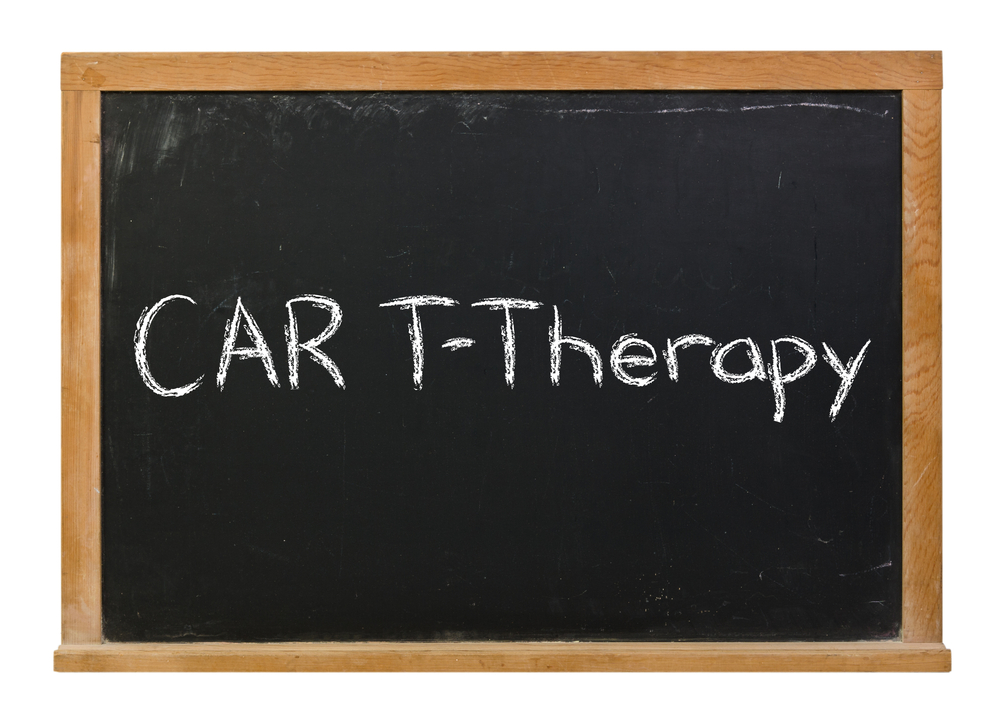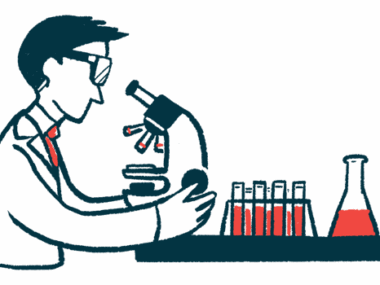Bluebird Bio’s CAR T-Cell Therapy Stopped Progression of Hard-to-Treat Myeloma
Written by |

Initial data from a Phase 1 study of bluebird bio’s second-generation CAR T-cell therapy bb2121 for relapsed or refractory multiple myeloma showed impressive results, with all patients in the high-dose group responding to the treatment despite being a notoriously difficult-to-treat patient group.
The therapy also was seen to be safe, with no patients experiencing toxic effects that would limit the use of higher doses. No severe cases of cytokine release syndrome, a common side effect of CAR T-cell therapy, were seen, either.
Researchers will present the study, “Durable Clinical Responses in Heavily Pretreated Patients with Relapsed/Refractory Multiple Myeloma: Updated Results from a Multicenter Study of bb2121 Anti-Bcma CAR T Cell Therapy,” at the 59th Annual Meeting of the American Society for Hematology in Atlanta, Dec. 9-12.
“This year at ASH, we have the opportunity to share updated data across our clinical studies in severe genetic diseases and cancer, and to provide a look at some of the preclinical work that will inform the next phase of clinical development at bluebird,” Dave Davidson, the company’s chief medical officer, said in a press release.
The Phase 1 trial (NCT02658929) is recruiting myeloma patients who relapsed after three or more earlier treatments, including a proteasome inhibitor and an immunomodulatory agent, or who are refractory to treatment with at least two therapies.
Because bb2121 targets the B-cell maturation antigen (BCMA), patients also need to have tumors in which more than half of the cells produce this factor.
The data presented at the meeting included 18 patients who were evaluated one month after treatment with different doses of bb2121. Patients had a median of seven prior lines of therapy, and all had autologous stem cell transplants that failed to keep the cancer at bay.
Two-thirds had high-risk tumors as determined by cytogenetics, which links the study of genetics with the study of cell structures. Additionally, 71% had been exposed to five earlier treatments, while 29% were refractory to the five standard cancer medications.
Researchers followed the patients for a median of 15.4 weeks after the bb2121 CAR T-cell infusion, with some patients followed for up to 54 weeks.
The presentation demonstrated that 89% of the patients responded to treatment. In the higher dose group, the response rate was 100%, with no patients in this group having disease progression while they were followed.
None of the patients included in the analysis experienced toxic effects that limited the use of higher doses, and none had a neurotoxic reaction that was considered moderate or severe. These types of reactions often have been seen in other CAR T-cell trials, researchers said.
Most patients — 71% — experienced cytokine release syndrome (CRS), a common side effect of CAR T-cell therapy. However, most CRS cases were mild, with only two patients experiencing moderate reactions that were resolved within 24 hours, researchers reported.
Four additional patients received treatment to manage their cytokine release syndrome. Scientists noted that the side effect was more common in patients receiving the higher dose, but it did not appear to be linked to tumor burden. One patient died of unrelated causes four months after bb2121 treatment.
The study continues to recruit participants. Those interested in participating can find more information, including contact details, at the trial’s registration page.



